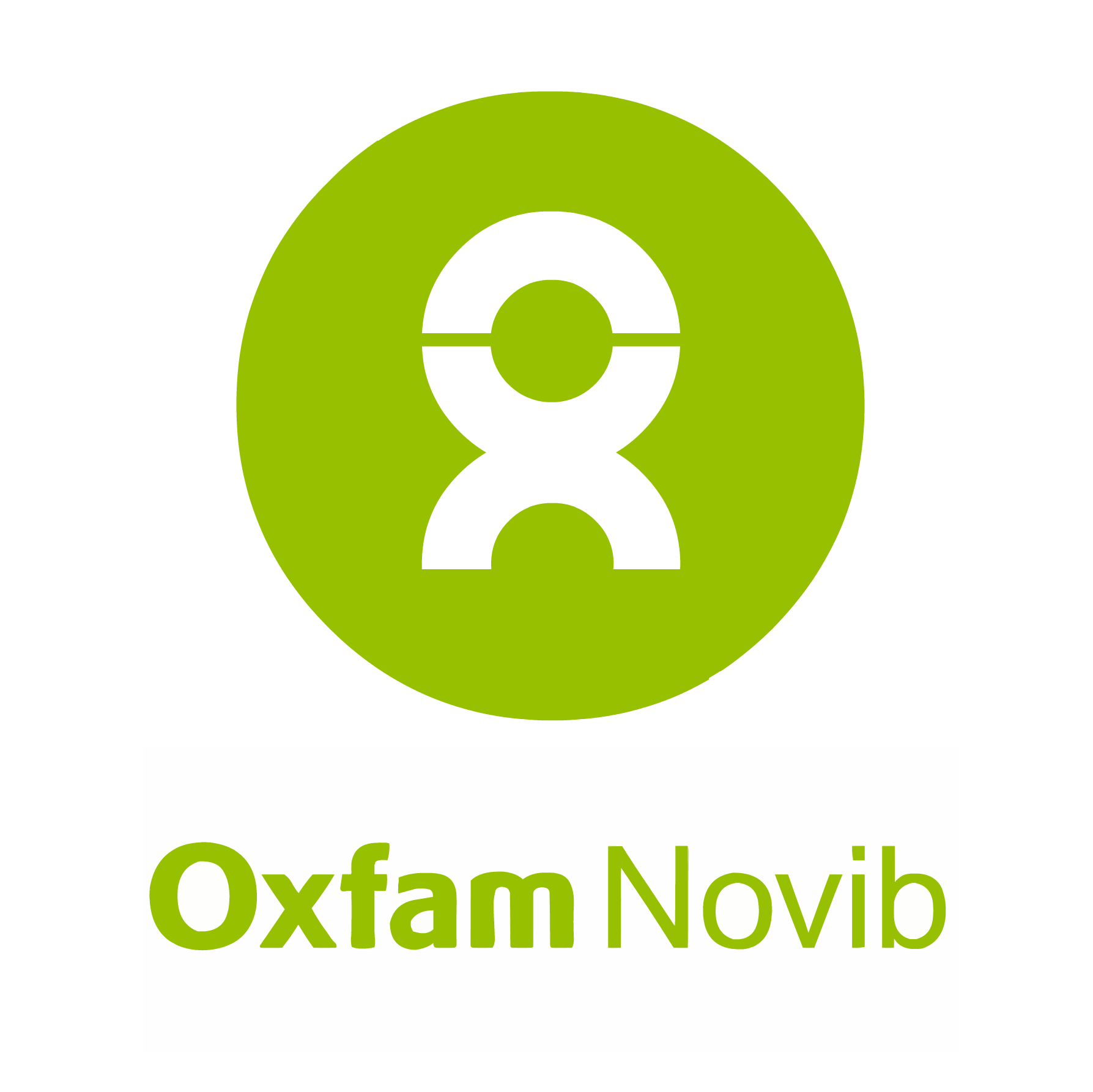Community / Land projects / AACJ-South Africa
AACJ-South Africa

€0
05/21 - 12/25
Activo
This project is part of
Implementing Organisations
Donors
Data Providers
General
The AACJ programme will be implemented in eight African countries: Burkina Faso, Ethiopia, Kenya, Nigeria, Mozambique, Senegal, Somalia and South Africa. The AACJ consortium believes that building strong and inclusive movements for climate justice in these countries can be the engine for a powerful pan-African movement for climate justice. For the AACJ consortium, climate justice means all people have the right to live a decent and dignified life in a healthy environment. We believe that curbing climate change and enabling all people to build resilience and recover from climate-related shocks is key to break the vicious cycle of inequality and vulnerability. The impacts of climate change are not being borne equally or fairly, between rich and poor, women and men, and older and younger generations. The voices of frontline communities who both offer solutions to protect our climate and face the harshest consequences of the immediate impacts of climate change, are excluded from the policy debates shaping their futures. Their voices are often also isolated as opposed to aligned and lack the capacity to come together in unified front calling for action. The goal of our programme is to amplify and unite the voices in Africa demanding that women, youth and local and indigenous communities in the 8 target countries can defend and realize their human rights and live a decent and dignified life in a healthy and sustainable environment, within the context of the climate emergency. We will not only respond to power asymmetries within countries, but also challenge asymmetries of power between countries. We will connect with movements outside Africa, such as Climate Action Network Europe, jointly challenging unaccountable governments and unsustainable production and consumption patterns. Making these connections will help increase solidarity across communities and make the global climate movement more inclusive and legitimate. We will work from local to regional to global level, and vice versa. We will amplify local voices – communicating both struggles and positive experiences – to advocate for strong climate policies and national laws, and demand and monitor their implementation. We will use progressive frameworks, such as the Paris Agreement, the Africa 2063 Agenda and the SDGs to influence national governments and companies for positive changes in people’s lives The AACJ consortium believes that clear and compelling narratives play a crucial to increase the engagement of youth, women and local and indigenous communities in the debate and policy processes on climate justice. Taking people’s lived experience as a starting point, these narratives will play a key role in raising awareness, unveiling prejudices and stereotypes, debunking lies and rebalancing relations of power. The AACJ consortium will amplify African voices, encouraging environmental activists, indigenous leaders, women, youth, religious leaders, artists and opinion makers to share their personal experiences and contribution to addressing climate change. We will create safe spaces for traditionally sidelined groups to develop their own narratives which demonstrate their strength, resilience, innovative capacities and contributions to the climate crisis. We will ensure that these new narratives are shared and spread through climate debates and policy processes, connecting policy makers with people on the frontline of the climate crisis. With will connect activists, movements and communities with popular media (TV talk shows, radio call-ins and other interactive platforms) to enable exchange of ideas and information, foster understanding and increase public awareness on how women, youth and local and indigenous communities are experiencing and coping with climate change. The role of FEMNET will be indispensable to implementing Pathway 2 by creating counter narratives to help shift the discourse on changing the discourse on climate change
Objectives
STRATEGIC COUNTRY OBJECTIVE: Strengthening CSOs platforms and engaging with key climate actors working with women, youth, Indigenous People and Local Communities to promote an inclusive and human rights-based approach to climate action. The programme will contribute to the following impact Impact areas Impact Outcome 1: Strong, inclusive, and effective civil society promotes climate justice. Climate movements are driven by women, youth and Indigenous People and connected to global movements The AACJ consortium in South Africa will develop broad alliances on climate justice by uniting movements that represent impacted communities with organizations and campaigns that advance climate justice and challenge extractive industries’ impact on the environment. The consortium will develop the capacity of local organizations to increase their autonomy and ability to self-organize as a transversal grass-roots movement, including by facilitating the development of common agendas and a unified voice between CSOs and climate justice activists, particularly women, youth, indigenous people and local communities (Pathway 1 and 2). Impact Outcome 2: Indigenous people and local communities have increased capacity to understand and use laws and policies to pursue climate justice. The AACJ consortium will work with local/ impacted communities to i) challenge unjust policies and practices that are currently in place, such as government support for fossil fuel energy and land grabs; and ii) support and promote policy reform for climate justice, including mainstreaming of environmental issues throughout government and public policy (Pathway 5). Activities include training indigenous people, women, youth and local communities to increase climate-related knowledge and participation in policy procedures. The programme will also support local communities and environmental defenders to articulate and defend their environmental and land rights, through legal empowerment and support (Pathway 3). Finally, the programme will document best practices on climate-related traditional knowledge and customary practices, for example through participatory action research and provide spaces for sharing, co-creation and promotion/ advocacy (Pathway 4).
Target Groups
We will work with women, youth and local communities – as well as other traditionally sidelined groups, such as people with disabilities



